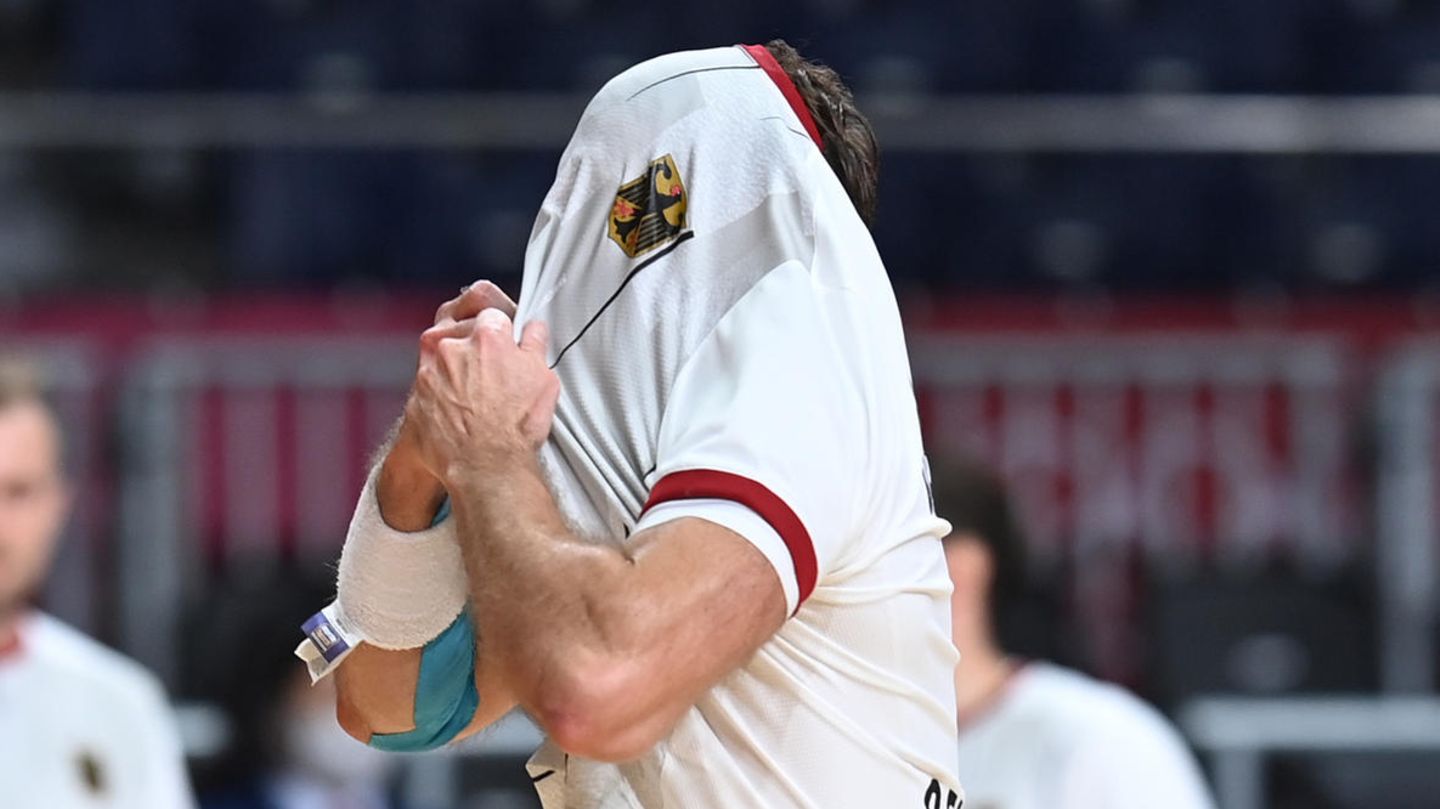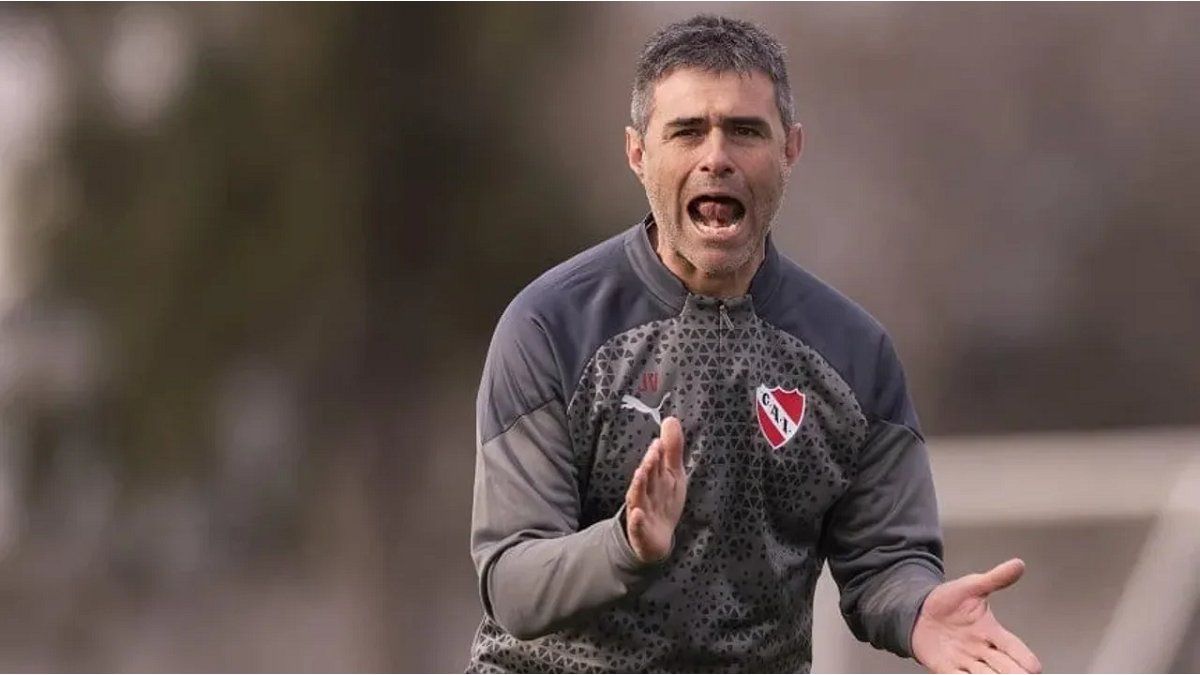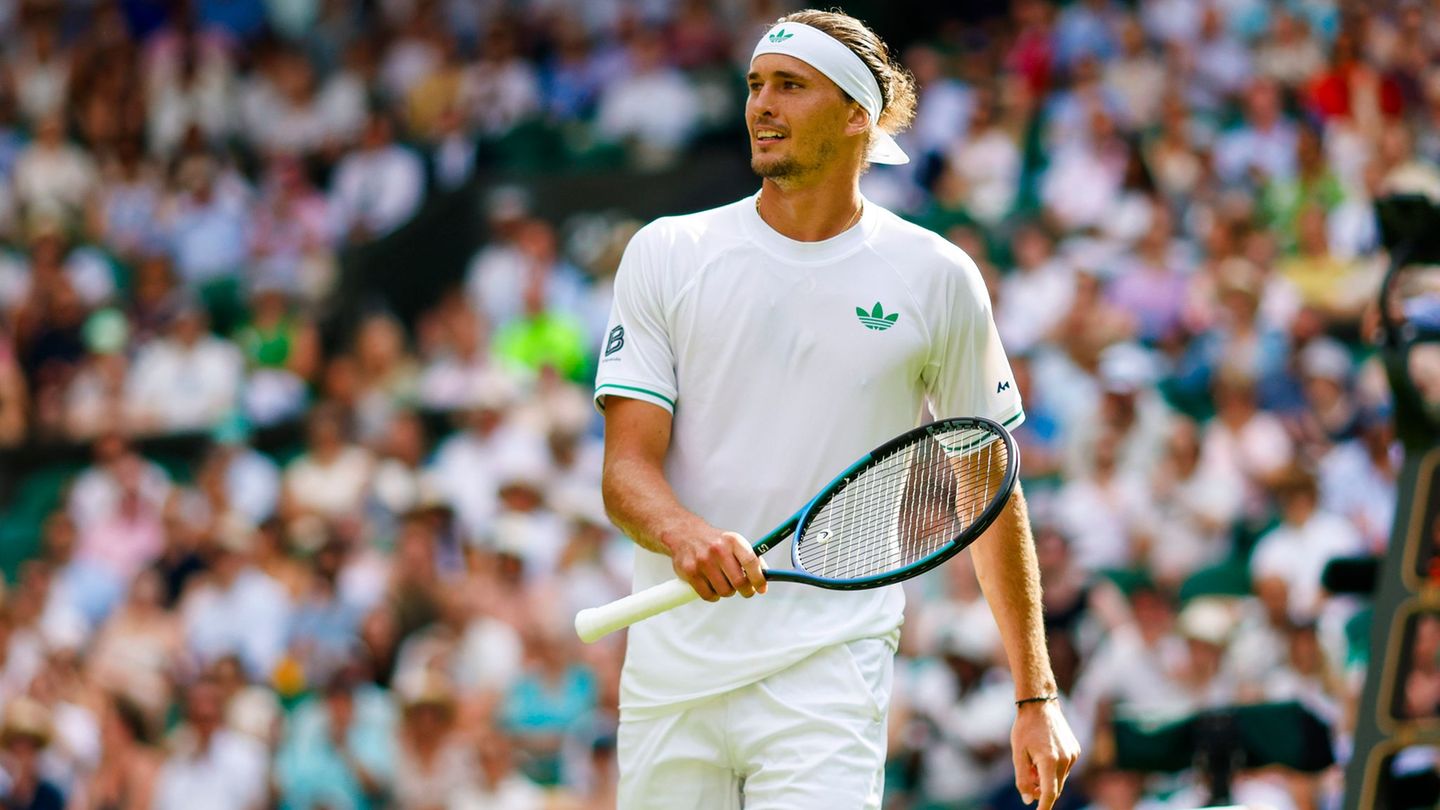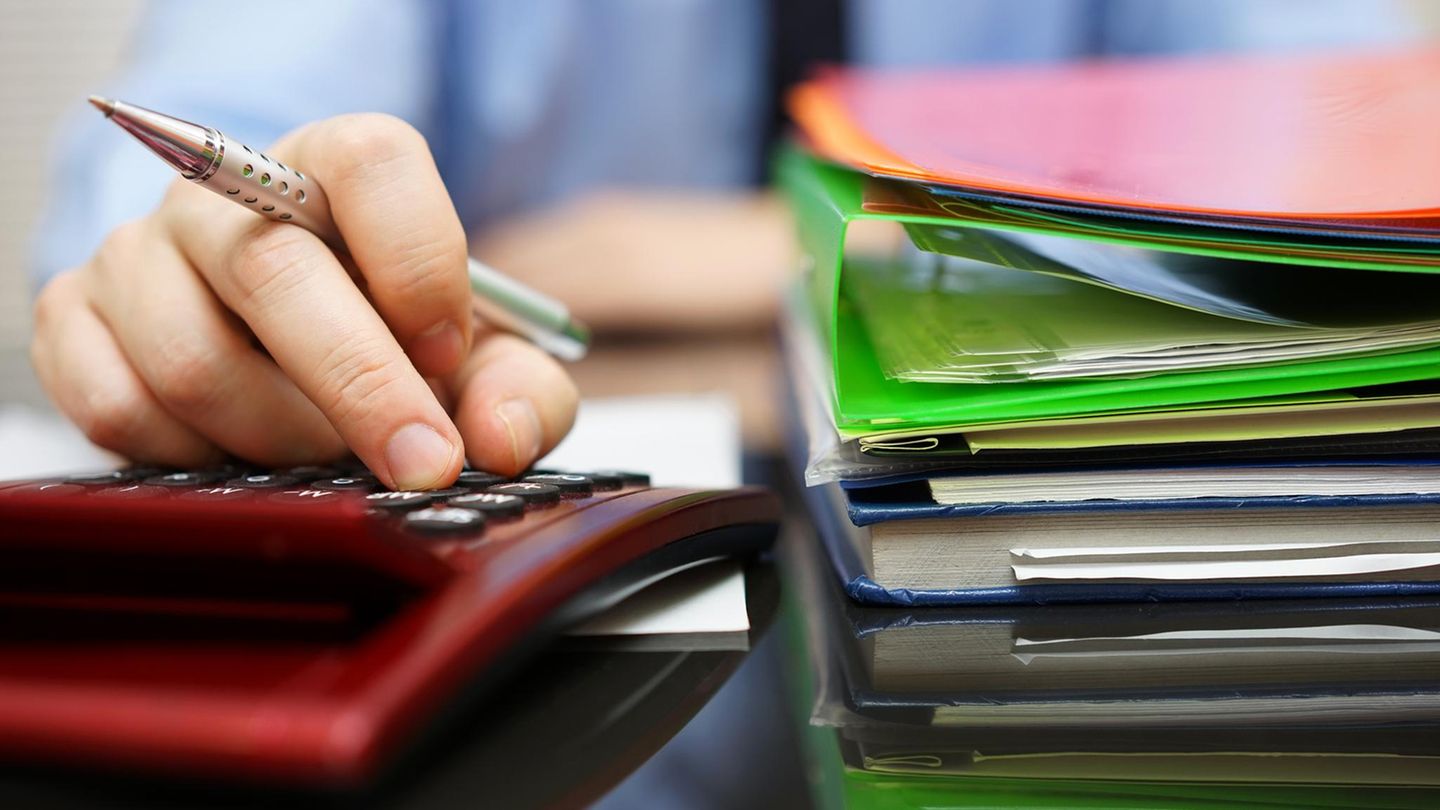The German Olympic team in Tokyo has to be content with the weakest yield since reunification. Scandal about officials also cloud the balance sheet. And then at the end there is another corona shock.
The party at the welcome party for the German Olympic team is unlikely to be really left out. When the rest of the Tokyo delegation arrives on the Frankfurt Römer on Monday afternoon, they will bring the worst medal balance since reunification, two scandals about functionaries and another corona scare from Japan. The botched final spurt with the burst gold hopes of javelin thrower Johannes Vetter and the track sprinters meant in the end ninth place in the medal table, still behind the Dutch. And yet DOSB President Alfons Hörmann found: “Overall, the sporting record is okay.”
37 precious metals, including ten gold, eleven silver and 16 bronze medals – that is five medals fewer than at the 2016 Summer Games in Rio de Janeiro and four fewer than the previous negative mark in Beijing in 2008. The unsuccessful performance of all ball sports teams, the Hörmann “hurts”, and the poor performance of earlier medal guarantors such as rowers and racing canoeists as well as in the bicycle velodrome stood in the way of only a few outliers upwards. Tennis sensation winner Alexander Zverev, long jump star Malaika Mihambo and the two fighters around gold wrestler Aline Rotter-Focken could not save the overall balance on their own.
Racism scandal and pentathlon drama
Even more bitter for the German Olympic Sports Confederation, however, were the scandal about the racist failures of cycling sports director Patrick Moster against two African participants in road races and the behavior of national coach Kim Raisner in the pentathlon drama. Moster also had to return home under pressure from the International Olympic Committee. The world association banned him until the end of the year.
Raisner was banned from the Tokyo Games by the World Federation because of a suspected punch against Annika Schleu’s refusing horse. Schleu, for her part, was exposed to nasty hate attacks online. To make matters worse, the pentathlon sports director Susanne Wiedemann tested positive in a corona test on Sunday and is not allowed to leave Japan for the time being.
For the German team, the games had already started with the Corona case of the cyclist Simon Geschke, which caused unrest for days. Despite a vaccination, the 35-year-old was infected and had to move into a quarantine hotel, the conditions of which he sharply criticized. In the end, Geschke spoke of the “most senseless journey” of his career.
Association boss Hörmann, who will not stand for re-election at the end of the year after severe criticism from the group of employees, gave the Tokyo team a good report despite everything. The 60-year-old assured us that the 432 German athletes were “great sporting ambassadors”. “They have lived up to their special responsibility in representing their country,” added Hörmann.
Many of the German participants were also impressed after the fears about the departure. “Despite Corona measures and Corona rules, I liked these games here much, much better in terms of the process and the cooperation than the games back then in Rio,” said Olympic swimming champion Florian Wellbrock. Wrestler Frank Stäbler, who won the Olympic bronze at the end of his career, also enthused: “When I arrived in the village, I immediately noticed that the Olympics were beginning, this is where the world comes together. I am thrilled about the circumstances.”
Expectations “met and exceeded”
This was also underlined by the head of the delegation, Hörmann. The expectations of the emergency games, which were postponed by a year due to Corona, were “met and exceeded”. The Olympic spirit was palpable in the athletes’ village, and the DOSB boss described the competition venues as “unique”. He also praised the hospitality of the Japanese, who themselves remained locked out of the arenas. But Hörmann also admitted: “The peoples-connecting, holistically emotionally touching moment like in other games was simply not possible in times of pandemics.”
In terms of sport, according to Hörmann, a “clean and complete analysis” should now follow. Head of Mission Dirk Schimmelpfennig hopes for a boost from the competitive sports reform, which will be fully implemented with effect from January 1, 2022, and from stronger scientific support. “We still see great potential here,” said the DOSB’s competitive sports executive. He also warned that the system of sports funding should be “simplified and bureaucratised”, as is the case with some international competitors.
However, the German summer sports associations do not have much time to readjust. There are only three years until Paris 2024. “A very manageable period,” warned DOSB President Hörmann.
I have been working in the news industry for over 6 years, first as a reporter and now as an editor. I have covered politics extensively, and my work has appeared in major newspapers and online news outlets around the world. In addition to my writing, I also contribute regularly to 24 Hours World.




